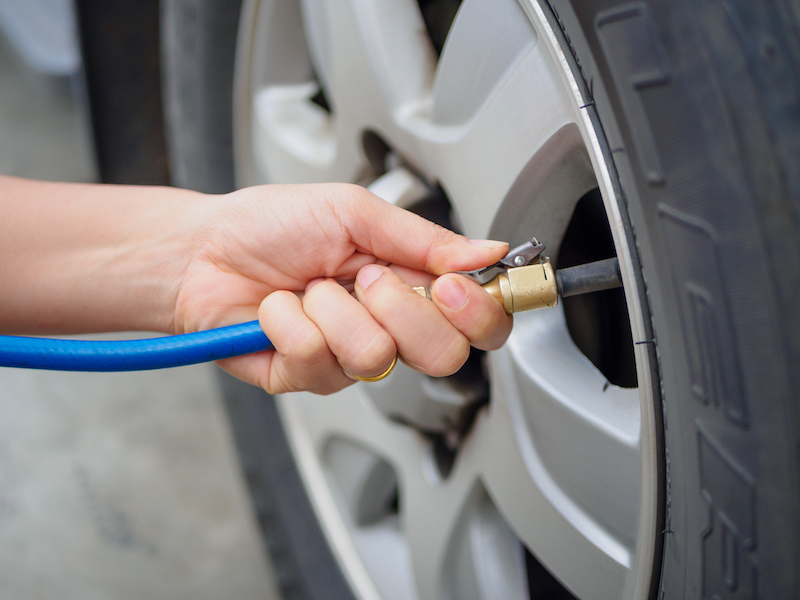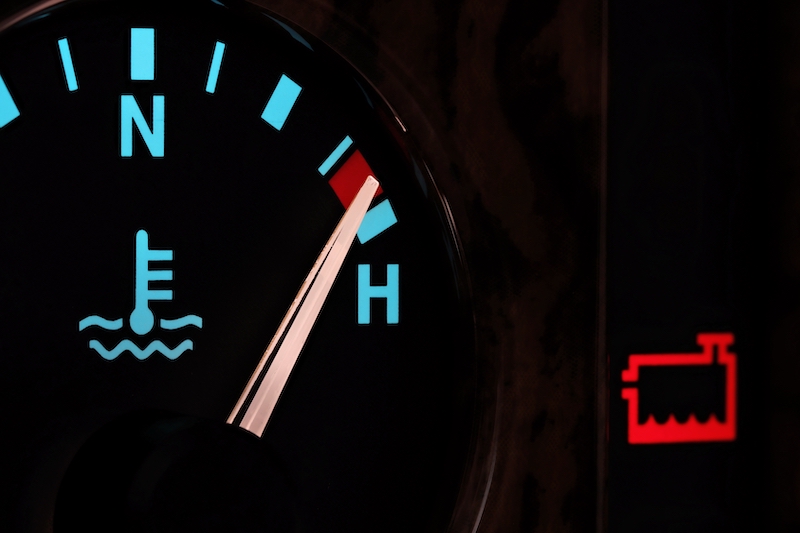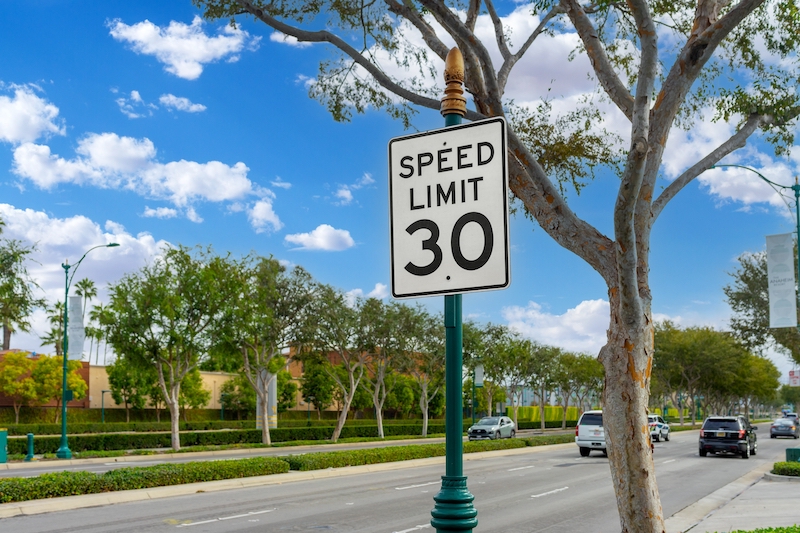A Complete Guide to Keeping Your Car Running Smoothly Despite Extreme Heat
Give your car some extra TLC this summer.


It’s no secret that the dreaded summer heatwave season is becoming longer and more intense. These record breaking temperatures cause a “greenhouse effect” in your car. That doesn’t just make for an uncomfortably overheated interior, it can cause serious damage to your car’s engine—which could cost roughly $3,000 to $10,000 to replace.
At Lemonade Car, helping keep you and your ride protected is our priority. In this guide we’ll get into the nitty gritty of how you can keep your car cool during the hot summer months.
Here’s what we’ll discuss:

Preventative car maintenance is a great step towards having a better time behind the wheel, for longer, and it can be one of your greatest weapons against the summer heat. (This holds true for electric car maintenance too).
There are 5 major maintenance services that you should have a certified technician at an auto repair shop take care of as the temperatures rise, and especially before any long drives or summer road trips.
An overheated tire can lead to a blowout, especially on hot asphalt. It’s crucial to maintain the manufacturer’s recommended pressure—which you can usually find in the owner’s manual, or on a sticker inside the driver’s side door jamb or glove box door.
You can have your tire pressure checked by a professional at an auto repair shop as part of your routine maintenance, or you can easily check it yourself at home or using a designated air pump at a local gas station—which is usually free to use—following these simple steps.
Having a certified professional change your oil and check the oil filter is a critical part of summer maintenance. Fresh, clean oil improves the engine’s efficiency, helping it run cooler during the hot months. The oil filter traps dirt and particles, preventing them from circulating in the oil and damaging the engine.
Located in your car’s engine bay, these components transfer fluids and power between different parts such as the water pump, alternator, power steering, and air conditioning system. They can become brittle and crack in the heat, leading to leaks and potential breakdowns.
Especially leading up to summer, it’s important for your car’s hoses and belts to get checked by a certified technician to ensure they’re functioning properly, and to prevent potential issues.
The coolant prevents your engine from overheating. Regular checks and top-ups by a professional are vital to keep your engine cool.
You can easily check your car’s coolant level by looking at where the level lands between the container’s “MIN” and “MAX” markings when the engine is cold. Also, check that the coolant color is bright and clear, signifying it’s in good condition.
Having this done by a technician regularly—about every 10,000 miles—helps your tires wear evenly, improving their lifespan and performance.
Uneven wear can lead to some tires being under more pressure than others, potentially leading to blowouts, especially on hot asphalt.
We want you to have the smoothest experience possible when you bring your car to the repair shop. Learn more about how you can feel confident when you hand over your keys to the mechanic here.

Extreme temperatures in the summer make your car work harder, increasing the chances of a mechanical issue. Here are the top signs that might indicate that your car is overheating:
If you experience any of these signs, safely pull over to the side of the road, turn off the engine, and if it’s possible, open the hood to help release some of the trapped heat. Allow the engine to cool down before you try starting it back up.
And never pour cold water on an overheating engine, as it could lead to thermal shock (yes, cars can also go into shock), potential electric damage—and it’s just not an effective way to cool down the hotspots in your car.
Depending on the severity, you may need to take it to a mechanic right away to have it repaired. When you drive with Lemonade Car and include roadside assistance coverage on your policy, we’ll send the cavalry if your car needs a tow to the repair shop after overheating.

Driving a hot car can make for a miserable—and even dangerous—driving experience. Here are practical steps to help protect your ride from the heat while you’re behind the wheel:
There are also lots of ways you can help keep your car cool while it’s in park. Learn more here.
It can be fun to soak up the summer sun, but our cars probably don’t share the same sentiment. Lemonade car insurance is committed to helping you navigate these hot summer days with confidence, ensuring your car is cool, comfortable, and protected.
Ready to experience a new kind of car insurance? Click below to start your free quote.
A few quick words, because we <3 our lawyers: This post is general in nature, and any statement in it doesn’t alter the terms, conditions, exclusions, or limitations of policies issued by Lemonade, which differ according to your state of residence. You’re encouraged to discuss your specific circumstances with your own professional advisors. The purpose of this post is merely to provide you with info and insights you can use to make such discussions more productive! Naturally, all comments by, or references to, third parties represent their own views, and Lemonade assumes no responsibility for them. Coverage may not be available in all states.
Please note: Lemonade articles and other editorial content are meant for educational purposes only, and should not be relied upon instead of professional legal, insurance or financial advice. The content of these educational articles does not alter the terms, conditions, exclusions, or limitations of policies issued by Lemonade, which differ according to your state of residence. While we regularly review previously published content to ensure it is accurate and up-to-date, there may be instances in which legal conditions or policy details have changed since publication. Any hypothetical examples used in Lemonade editorial content are purely expositional. Hypothetical examples do not alter or bind Lemonade to any application of your insurance policy to the particular facts and circumstances of any actual claim.